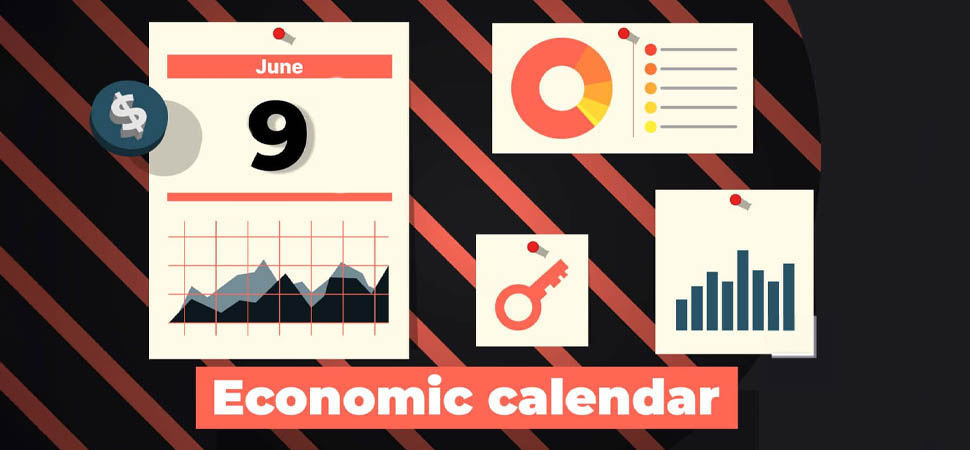06.12.2024
Евгений Лебедев
163

An economic calendar is a tool that displays the publication dates of important economic events, reports and indicators. These events have a significant impact on the financial markets, including currency, stock and commodity markets. The calendar provides information on the publication of macroeconomic data such as inflation rates, unemployment rates, GDP, interest rate decisions and other important indicators. For traders, investors and economists, it is an indispensable tool that allows them to track events that may affect their strategies and decisions.
Forecasting market movements
The economic calendar helps to forecast short-term changes in the market. For example, the publication of data on the unemployment rate in the United States may lead to volatility in the US dollar. Knowing in advance the date of the report release, investors can prepare for possible movements. Also, economic data provides insight into the current state of the economy and can suggest the direction of the trend. For example, GDP growth can be a signal to buy stocks related to economic growth.
Effective risk management
Market volatility often increases during the release of key data. Using a calendar allows traders to short positions ahead of important events to minimize potential losses. Knowing when reports are released helps traders avoid trades during periods of high uncertainty, which can lead to erroneous decisions.

Main elements of the economic calendar:
- Date and time: Indicates when the data will be released. This is especially important for traders working in different time zones.
- Country or Region: Helps you understand which markets will be affected. For example, data from Japan will affect Yen currency pairs, while Eurozone figures will affect the Euro.
- Event Type: Includes data such as inflation rate, employment change, PMI (business activity index) and others.
- Previous values, forecasts and actual data: Comparing these numbers allows you to gauge how well the event is in line with market expectations.
Examples of using the economic calendar
Forex traders actively use the calendar to analyze events such as the release of the Federal Reserve interest rate data or the Non-Farm Payrolls report. These reports often trigger sharp movements in the market, opening up profit opportunities. Corporate stocks are sensitive to macroeconomic changes. For example, a drop in interest rates can lead to a rise in real estate and technology stocks. The prices of oil, gold, and other resources depend on data such as U.S. oil inventories or the rate of economic growth in China. Information from the calendar allows you to forecast supply and demand, adjusting your investment and trading strategies.
How do I choose the right economic calendar?
There are many online calendars that provide real-time information, but when choosing a good tool, you should consider:
- User interface: Intuitive and easy to customize.
- Real-time updates: Data should be current and updated as it is published.
- Filters: Ability to sort by country, event type and level of importance.
- Integration with trading platforms: This simplifies the work for active market participants.
Tips for using the economic calendar
Set up automatic notifications to learn about important economic events in advance and not miss key publications. Compare real indicators with forecasted and previous values to better understand trends. Remember that even with accurate forecasts, the market can react unexpectedly, so your positions should be risk-adjusted. Keep in mind that macroeconomic data can affect different asset classes at the same time. For example, a weakening dollar can boost gold prices.

Limitations of the economic calendar
The economic calendar, while useful, has its limitations. Market reactions to events can be unpredictable, and even significant publications sometimes do not cause the expected changes. To fully understand the situation, the calendar needs to be supplemented with fundamental and technical analysis. In addition, the interpretation of data from the calendar depends on the experience and subjective view of the trader, which can affect the accuracy of decisions. These factors make the economic calendar only part of a broader market analysis strategy.
Conclusion
The economic calendar is a powerful tool for traders and investors to predict market movements, manage risk and make better informed decisions. However, its effective use requires proper data analysis and consideration of market conditions. By using the economic calendar in conjunction with other analysis methods, you can achieve greater success in trading and investing.

/ Reviews